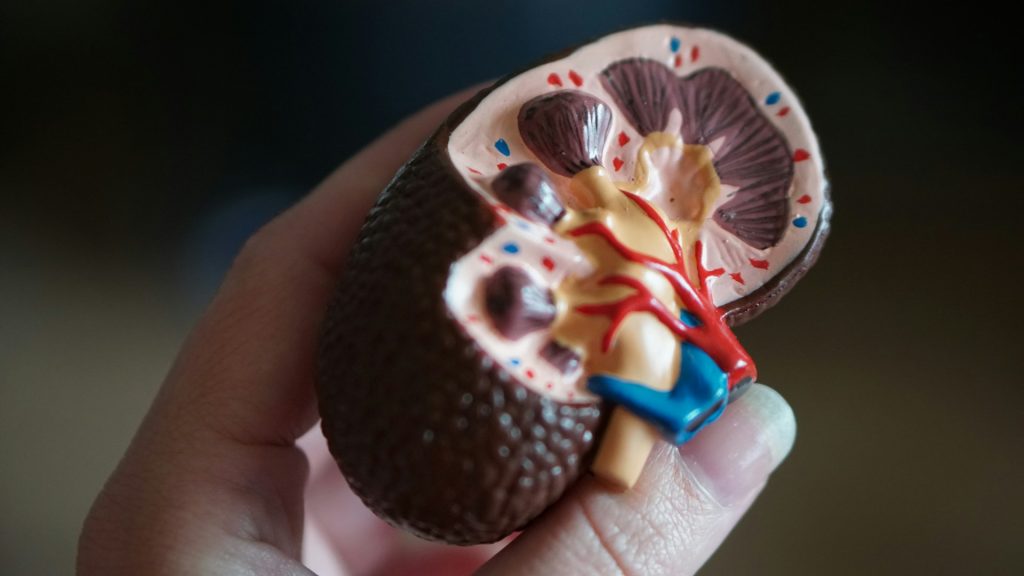
Image Source: unsplash.com
Every day in the United States, about 17 people die waiting for an organ transplant. Despite medical advances making transplantation increasingly successful, the gap between available organs and those in need continues to widen. Countries implementing presumed consent (opt-out) systems consistently show higher donation rates than those with explicit consent (opt-in) models. This simple policy shift could save thousands of lives annually while respecting individual autonomy and religious freedoms.
1. The Current Organ Shortage Crisis
The organ donation shortage represents a public health emergency that receives insufficient attention. In the United States alone, over 100,000 patients currently wait on transplant lists, with a new name added approximately every nine minutes. The average waiting time for a kidney—the most commonly needed organ—stretches beyond three years in many regions, forcing patients to endure dialysis treatments that significantly reduce quality of life. Studies show that countries with opt-out systems have 25-30% higher donation rates than those with opt-in systems, demonstrating a clear policy solution to this crisis. The human cost of maintaining the status quo is measured not just in deaths but in diminished lives, medical expenses, and emotional suffering for families watching loved ones deteriorate while waiting.
2. How Opt-Out Systems Actually Work
Presumed consent systems operate on the principle that adults are potential donors unless they have registered an objection during their lifetime. This approach maintains complete individual autonomy by providing simple mechanisms for those who wish to decline donations. Family members still typically have input in the donation process, with many countries consulting next-of-kin even when the deceased never opted out. The administrative process usually involves a national registry where citizens can easily record their preferences, often during routine interactions with government services like driver’s license renewals. Evidence from countries like Spain, which leads the world in donation rates, shows that successful opt-out systems combine presumed consent with robust infrastructure and trained transplant coordinators who compassionately guide families through the process.
3. The Psychological Barriers to Opt-In Donation
Human psychology creates significant obstacles within opt-in systems that presumed consent elegantly overcomes. Research in behavioral economics demonstrates that default options exert a powerful influence over decision-making, with most people accepting whatever option requires the least effort. Many potential donors support organ donation in principle but never complete the registration process due to procrastination, administrative hurdles, or simple inertia. Studies show that registration rates remain surprisingly low among those who strongly support donation in opt-in countries. The psychological burden of contemplating one’s mortality—necessary when actively choosing to become a donor—creates another barrier that prevents many supportive individuals from registering. Presumed consent aligns public policy with what surveys consistently show is the majority preference while still protecting individual choice.
4. Addressing Religious and Cultural Concerns
Most major world religions either explicitly support organ donation or leave the decision to individual conscience, contrary to common misconceptions. Islamic scholars have issued fatwas supporting organ donation, while the Vatican has repeatedly endorsed transplantation as an act of charity. Cultural concerns about bodily integrity after death deserve respect, which is why all presumed consent systems maintain straightforward opt-out mechanisms. Countries successfully implementing opt-out systems have engaged religious leaders and cultural communities in policy development, ensuring that diverse perspectives shape implementation. The experience of opt-out nations demonstrates that with proper education and sensitivity, presumed consent can function effectively in multicultural societies while respecting diverse beliefs.
5. The Economic Case for Presumed Consent
Beyond saving lives, presumed consent systems deliver substantial economic benefits that strengthen healthcare systems. Dialysis for kidney failure patients costs Medicare approximately $90,000 per patient annually, while a successful transplant costs about $32,000 for the surgery and decreases to roughly $25,000 annually for anti-rejection medications. Research published in the American Journal of Transplantation estimates that increasing donation rates through presumed consent could save the U.S. healthcare system billions of dollars over time. These savings could fund other critical healthcare needs while improving outcomes for patients who return to productive lives after successful transplantation. The economic argument aligns perfectly with the humanitarian case, creating a rare win-win scenario in healthcare policy.
6. Learning From Success Stories Worldwide
Countries with the highest donation rates offer valuable lessons for effectively implementing presumed consent policies. Spain pioneered the opt-out approach in 1979, combining presumed consent with a coordinated national transplant organization and specially trained hospital coordinators who work with families. Austria saw donation rates increase by 30% after implementing presumed consent, while Wales experienced a similar boost following its 2015 policy change. Belgium’s carefully designed system includes a dual registry where citizens can register either consent or objection, providing clear documentation of individual wishes. These success stories demonstrate that presumed consent works best when combined with public education, healthcare professional training, and infrastructure investment—a comprehensive approach that respects both individual rights and collective responsibilities.
7. The Gift We Can All Give
Organ donation represents perhaps the most profound legacy any person can leave—the gift of continued life to others. Presumed consent systems recognize that most people, when asked, support donation but may never take the administrative steps to register this preference. By changing one default setting in our donation policies, we could save thousands of lives annually while still respecting individual autonomy. The question isn’t whether we should increase donation rates, but why we haven’t already implemented the proven solution. As we consider the patients waiting anxiously for transplants—children, parents, siblings, friends—we must ask ourselves whether maintaining an inefficient opt-in system justifies the preventable suffering it causes. The gift of life should be our default position, with the freedom to decline always protected.
Have you or someone you know been affected by organ donation or transplantation? Share your experience in the comments below and join the conversation about how we can create a more efficient, compassionate system that saves more lives.
Read More
Go to the Emergency Room If You Have Any of These 12 Symptoms
9 Reasons Baby Boomers Are Healthier Than Other Generations
Leave a Reply